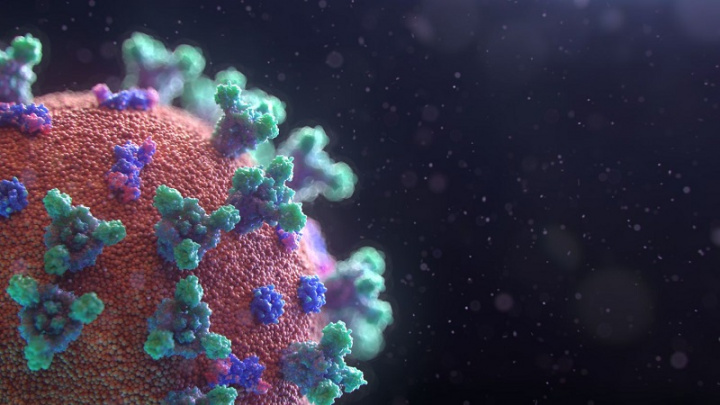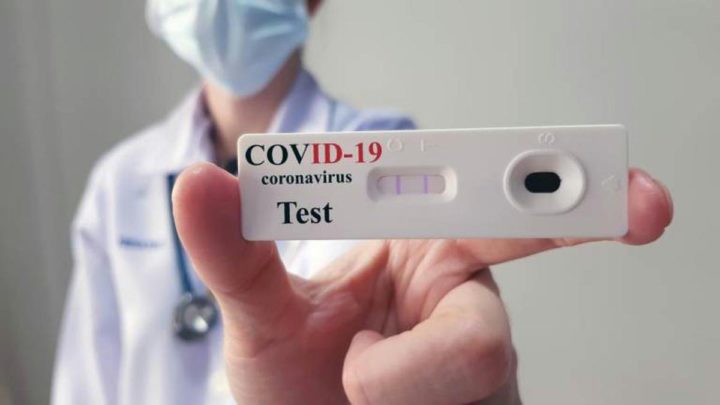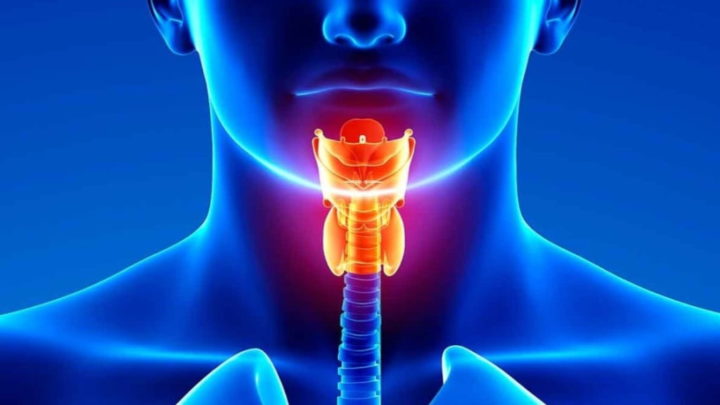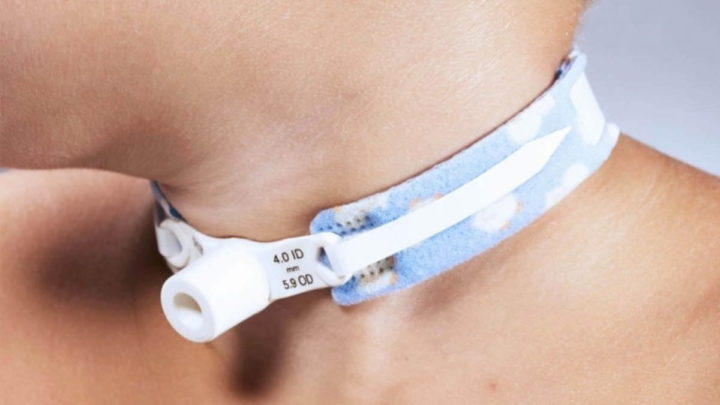Days after being infected with SARS-CoV-2, a previously healthy teenager suddenly had trouble breathing. Coronavirus (COVID-19) will paralyze your vocal cords.
According to a new report, the effect of the Corona virus on the nervous system can cause vocal cord paralysis in rare cases.
The authors say this is the first case of vocal cord paralysis in a teenager after being diagnosed with COVID-19, although there have been reports of this condition in adults.
The girl needed a tracheostomy — an opening in the windpipe below the larynx — to continue breathing for more than a year.
The virus has known neurological complications, including headaches, seizures, and peripheral neuropathy.
The present case reveals that vocal cord paralysis may be an additional neurological sequelae of the virus.
Otolaryngologists Daniel LaRue and Christopher Hartnick of Harvard Medical School wrote.
A teenager found his vocal cords paralyzed after testing positive for Covid-19
The 15-year-old girl presented to the hospital's emergency department, 13 days after testing positive for SARS-CoV-2. Initial symptoms, including congestion, fever and fatigue, improved after five days. However, nine days after testing positive, she reported having difficulty breathing, especially when she was active.
Emergency room doctors noted that his breathing was rapid and noisy on inhalation, indicating airway obstruction. This is despite the fact that his oxygen levels are normal. Tests for SARS-CoV-2 and other respiratory infections were negative.
The patient, who had a history of asthma and anxiety, was treated with steroids and bronchodilators due to a suspected asthma attack. However, this approach did not solve the problem.
Otolaryngologists examined his vocal cords and diagnosed paradoxical vocal fold movement (PVFM), in which the vocal cords close instead of open when a person inhales. After directing treatment towards this problem, they realized that the symptoms did not improve, and it turned out that they did not match the diagnosis.
The girl continued to suffer from difficulty breathing, and new problems appeared, such as difficulty swallowing, weakness on one side, tingling and numbness, and an unsteady gait, so she was admitted to the Children's Hospital for a full evaluation.
The otolaryngologists examined his vocal cords again, and this time diagnosed diplegia, which simply means that both vocal cords are unable to move.
Despite this conclusion, they still could not find a cause for the paralysis - tests ruled out infections and neurological diseases; Brain and spine scans did not reveal any obvious problems that could be related to the symptoms; Swallowing tests also showed no association.
The doctors' conclusions related to Covid-19, as it appears that the previous infection weakened his vocal cords and could also be a cause of his unilateral numbness and weakness.
Injecting botulinum toxin into the throat muscles - a method that has proven effective in treating some throat diseases in children - failed to relieve their respiratory problems. Once all alternatives were available, the 15-year-old underwent a tracheostomy. Finally, breathing improved.
Your weakness, tingling, and numbness have improved over time, making them more likely to be related to a previous COVID-19 infection.
The medical team tried several times to see if she could breathe without the tracheostomy, but they were not able to safely remove it until the 15th month after insertion.
This report was published in Pediatricsaccording to the Science Alert website.

“Wannabe internet buff. Future teen idol. Hardcore zombie guru. Gamer. Avid creator. Entrepreneur. Bacon ninja.”






